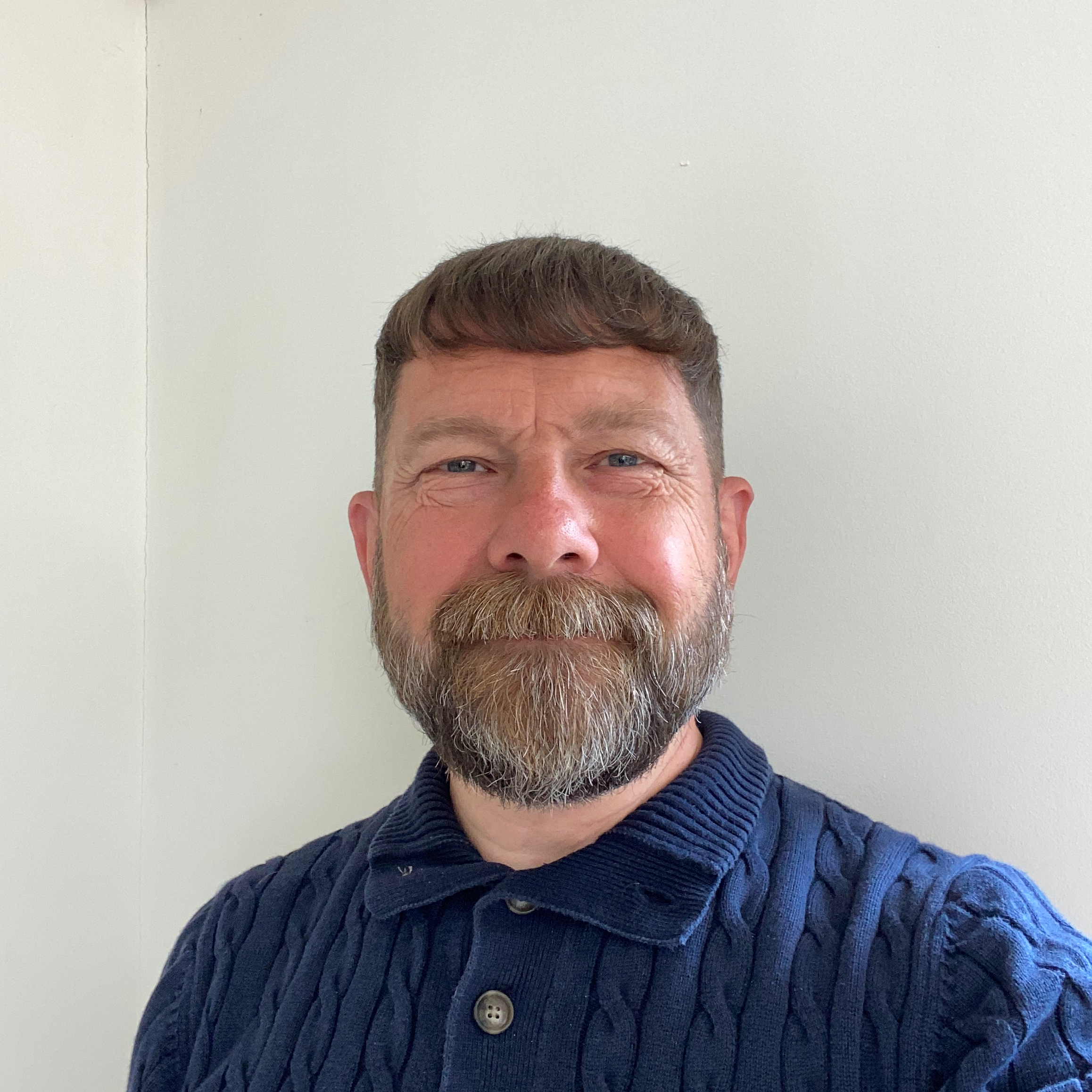Dr Paul Darby is leading on research into securing the future of historic Jewish cemeteries in Eastern Europe through sustainable tourism. His research interests include the materiality of the Jewish presence in Europe, contemporary archaeology and its contribution to social justice, the formation and the narratives and practices surrounding heritage creation and sustaining and photography’s relationship with archaeology.
Paul holds an MA in Cultural Heritage and Resource Management and a PHD in Archaeology and Anthropology from the University of Winchester. His Master’s dissertation investigated the material heritage of the Dutch Jewish Community of London’s East End and how this heritage nuances our understanding of London’s ‘Jewish East End’. His PHD thesis examined the social, cultural and political heritage of the petrol station in Britain 1920-2020, a pioneering study which foregrounded the need to recognise the petrol station as a fundamental transformative agent in understanding how the need for oil has become so implicated in the and practices and landscapes of contemporary everyday life.
In collaboration with Dr Rachel Lichtenstein, Paul has contributed to several projects which seek to sustain, promote and make accessible Jewish heritage in the UK. He worked on the digitisation, transcription and cataloguing of the archives of the historic Sandys Row Synagogue (‘The Dutch Synagogue’)in London’s Spitalfields. He was research assistant on ‘A Memory Map of the Jewish East End’ (https://jewisheastendmemorymap.org). This is an interactive digital map which allows the visitor to engage with the spatial and memory heritages of several sites in East London. He was research assistant on the follow-up project ‘A Memory Map of Jewish Manchester’ (https://jewishmanchestermemorymap.org).
Paul has presented at several conferences, both directly and through creative use of video. He and Professor Niall Finneran have collaborated on an article exploring the significance of 1970’s ‘ghost gazetteers’ in understanding the relationships between folk-horror, the wyrd, and post-Second World War narratives of Britishness. This will appear in the journal ‘Folklore’ and is currently in press.

